Liturgical Desk Calendar 2025: A Comprehensive Guide to the Church Year
Related Articles: Liturgical Desk Calendar 2025: A Comprehensive Guide to the Church Year
- School Calendar For The 2025-2026 Academic Year
- 2025 China Public Holidays Calendar: A Comprehensive Guide
- School Calendar And Public Holidays 2025
- Printable Calendar 2025: Your Essential Year-Round Companion
- ISO Calendar Week 2025: A Comprehensive Overview
Introduction
With enthusiasm, let’s navigate through the intriguing topic related to Liturgical Desk Calendar 2025: A Comprehensive Guide to the Church Year. Let’s weave interesting information and offer fresh perspectives to the readers.
Table of Content
Video about Liturgical Desk Calendar 2025: A Comprehensive Guide to the Church Year
Liturgical Desk Calendar 2025: A Comprehensive Guide to the Church Year
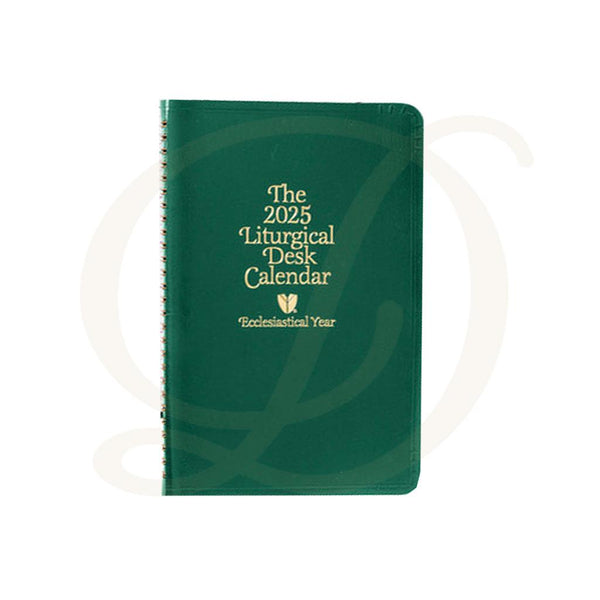
Introduction
The liturgical year is a structured calendar that guides the Christian community through the seasons of the faith, commemorating key events and themes. A liturgical desk calendar provides a convenient and accessible way to stay informed about the liturgical year’s observances, feasts, and commemorations. The 2025 liturgical desk calendar offers a comprehensive overview of the upcoming liturgical year, providing valuable insights for both clergy and laity alike.
Structure of the Liturgical Desk Calendar
The liturgical desk calendar is typically organized according to the three main liturgical seasons:
- Advent and Christmas: This season begins with the first Sunday of Advent and culminates in the Feast of the Epiphany. It focuses on the anticipation of Christ’s birth and the celebration of his Incarnation.
- Lent and Easter: This season begins with Ash Wednesday and ends with the Feast of Pentecost. It commemorates Jesus’ suffering, death, and resurrection, leading to the celebration of new life and hope.
- Ordinary Time: This season encompasses the periods outside of Advent, Christmas, Lent, and Easter. It is a time for reflection, growth, and discipleship.
Within each season, the calendar lists the following:
- Sundays: Each Sunday is assigned a specific theme or focus, such as the Transfiguration or the Baptism of the Lord.
- Holy Days of Obligation: These are days when Catholics are required to attend Mass, including Christmas, Easter, and Pentecost.
- Feasts: These are celebrations of saints or significant events in the life of Christ, such as the Feast of the Immaculate Conception or the Feast of the Ascension.
- Commemorations: These are days set aside to remember specific saints or events, such as the Commemoration of All Souls or the Commemoration of St. Francis of Assisi.
Features of the 2025 Liturgical Desk Calendar
The 2025 liturgical desk calendar typically includes the following features:
- Daily Readings: Each day’s entry includes the readings from the Lectionary for Mass, providing a concise overview of the day’s liturgical focus.
- Historical Notes: Brief historical notes accompany major feasts and commemorations, offering context and background information.
- Saints’ Lives: Short biographies of saints are included on their respective feast days, providing inspiration and insight into their lives.
- Prayer Intentions: Each week features a suggested prayer intention, fostering a spirit of prayer and reflection.
- Liturgical Colors: The liturgical colors for each day are indicated, providing guidance for vestments and altar decorations.
- Diocesan and Parish Events: The calendar may include space for noting diocesan or parish events, such as retreats, workshops, or special celebrations.
Benefits of Using a Liturgical Desk Calendar
Using a liturgical desk calendar offers numerous benefits for both clergy and laity:
- Enhanced Liturgical Awareness: The calendar promotes a deeper understanding of the liturgical year and its significance.
- Preparation for Worship: It provides advance notice of upcoming feasts and commemorations, allowing for appropriate preparation and participation in liturgical celebrations.
- Spiritual Growth: The daily readings, saints’ lives, and prayer intentions foster spiritual growth and reflection.
- Parish Community Building: The calendar can serve as a focal point for parish community life, fostering a shared sense of liturgical observance.
- Enhanced Pastoral Care: Clergy can use the calendar to plan homilies, prepare for sacraments, and provide pastoral care to parishioners throughout the liturgical year.
Conclusion
The 2025 liturgical desk calendar is an invaluable resource for both clergy and laity, providing a comprehensive guide to the liturgical year. By embracing the insights and guidance offered by the calendar, we can deepen our understanding of the faith, enhance our liturgical worship, and foster spiritual growth throughout the upcoming year.
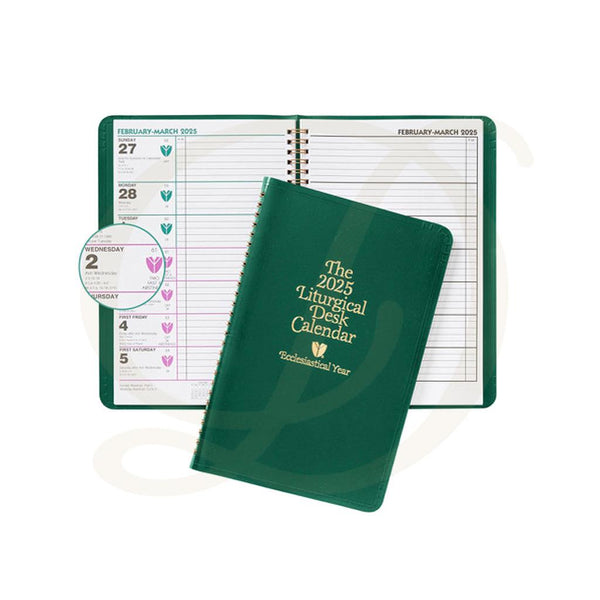
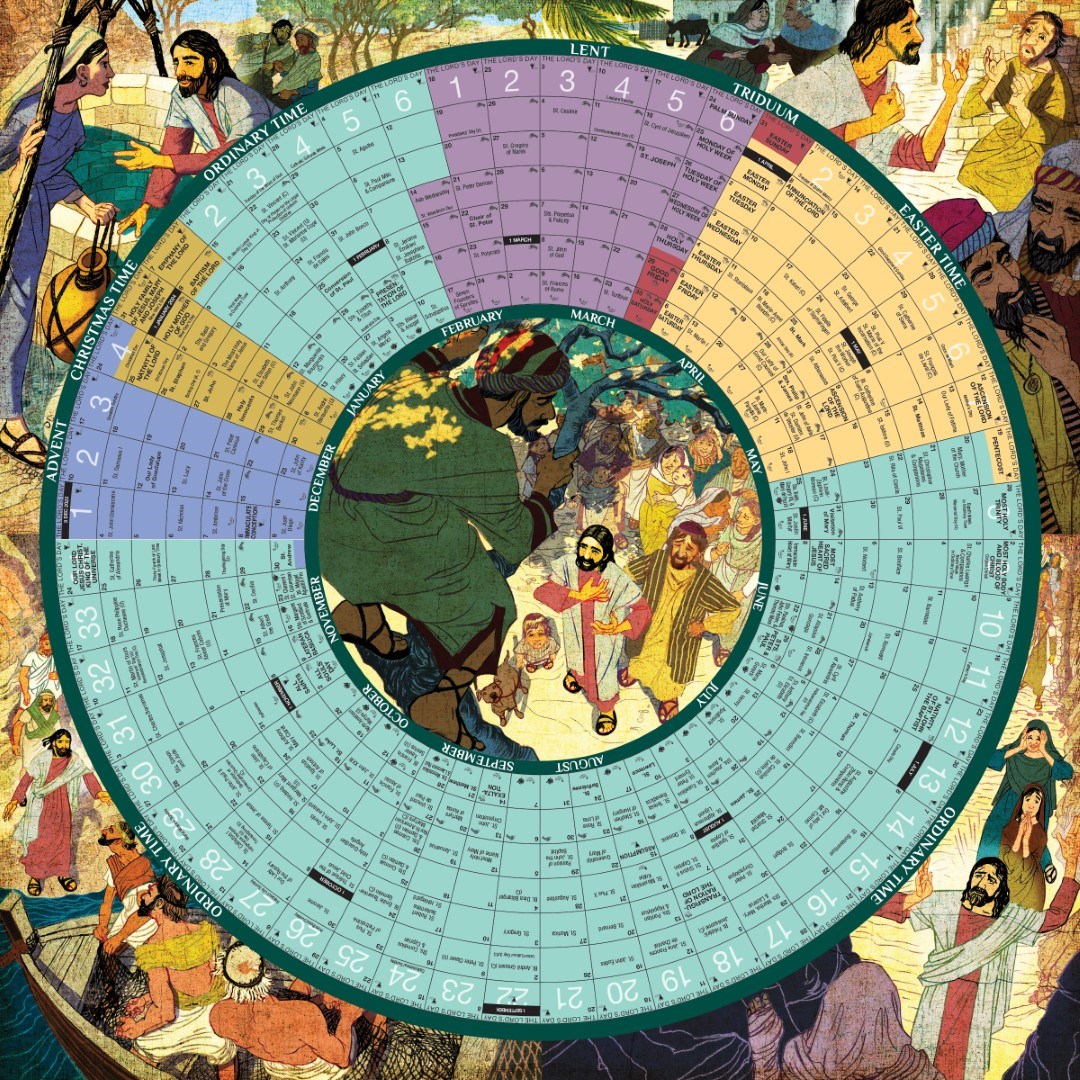
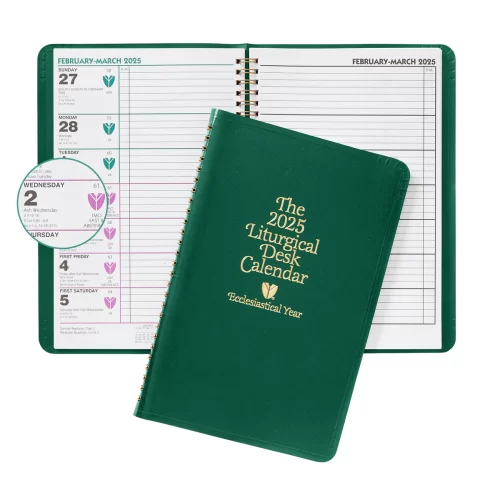


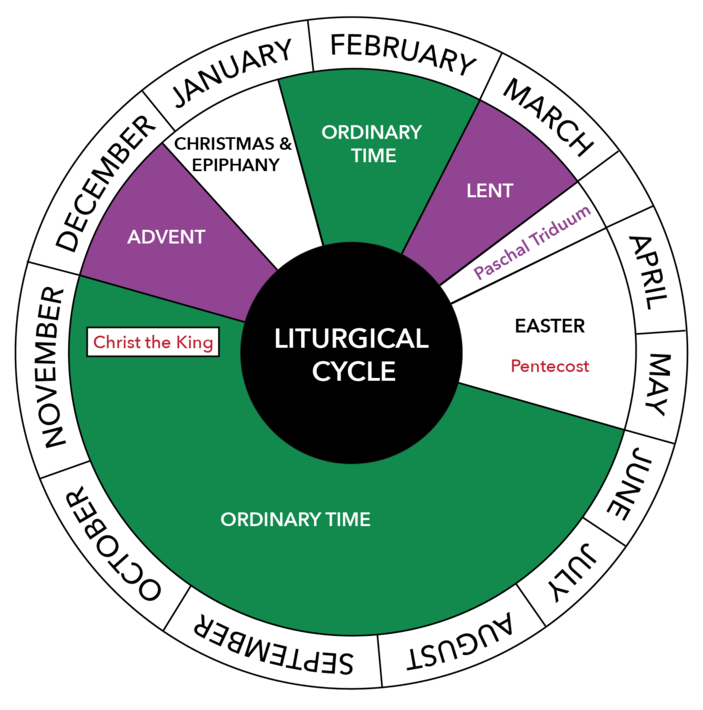


Closure
Thus, we hope this article has provided valuable insights into Liturgical Desk Calendar 2025: A Comprehensive Guide to the Church Year. We appreciate your attention to our article. See you in our next article!